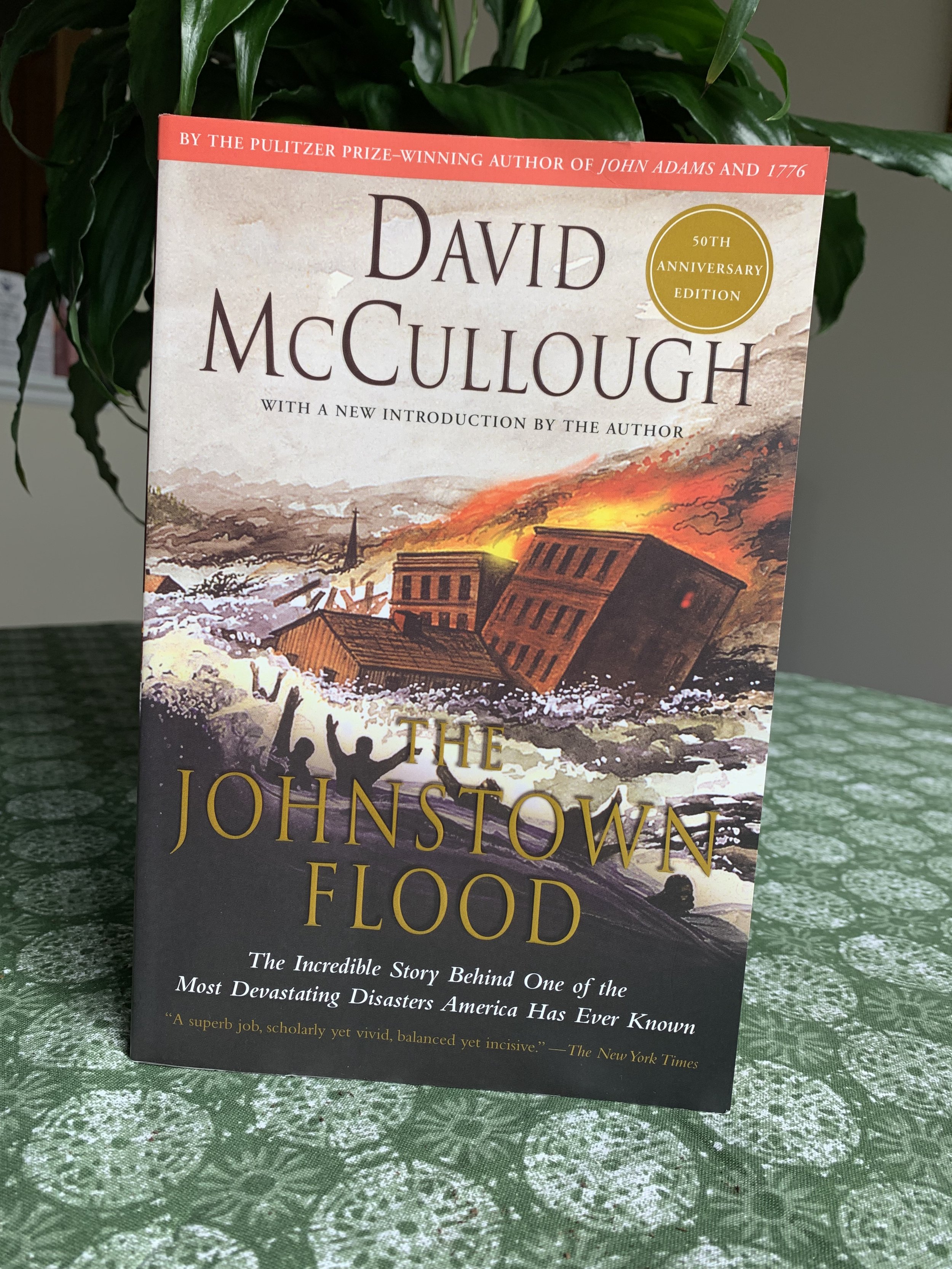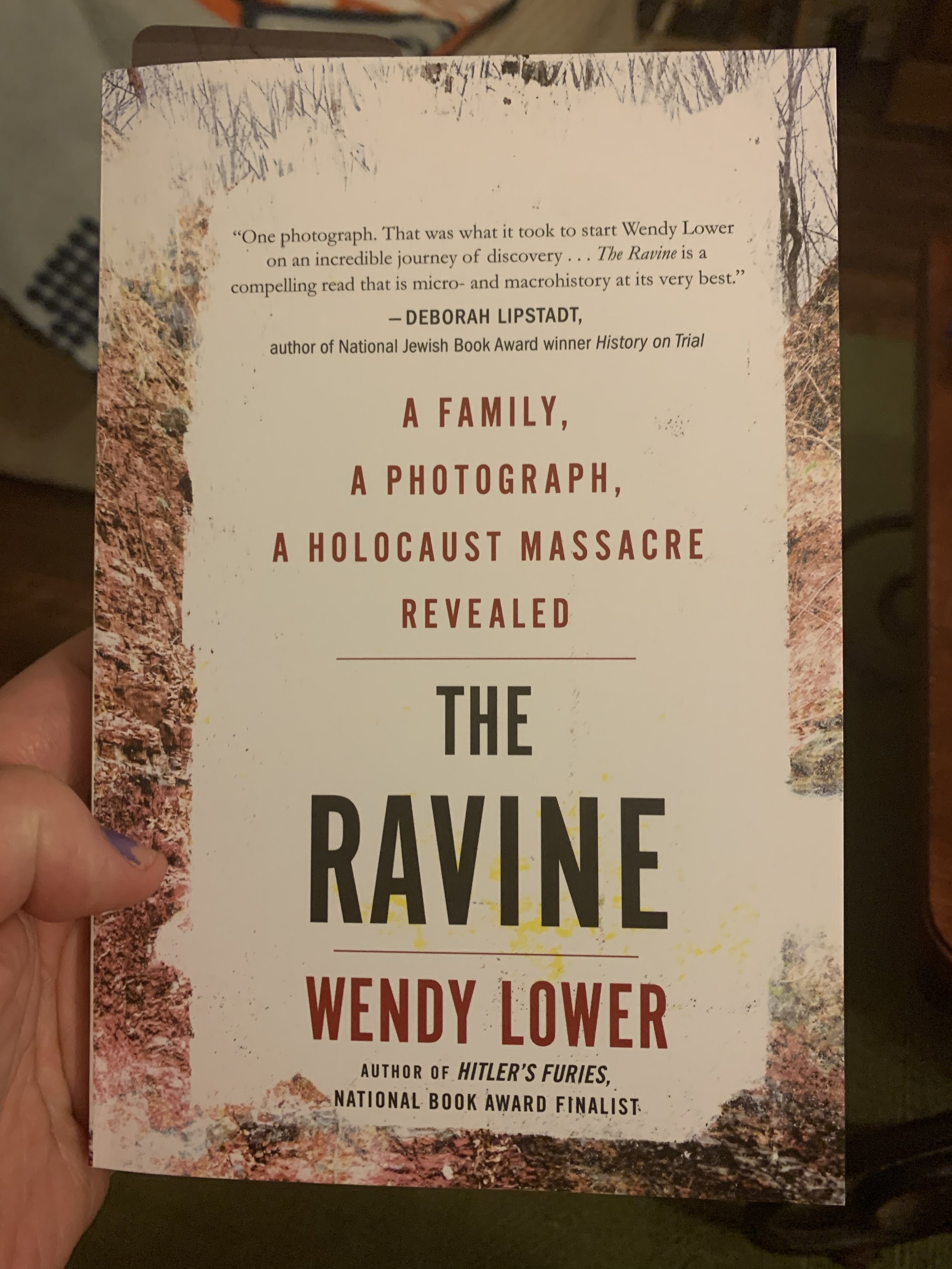The best book I read this month was a gripping mystery that I devoured in two days: Winter Counts by David Heska Wanbli Weiden.
Set on a Lakota reservation in South Dakota, Winter Counts follows Virgil Wounded Horse as he tries to protect and support his nephew, who has been accused of dealing drugs on the reservation. His efforts bring him into contact with his ex-girlfriend, her family (who hate him), and a Colorado gang associated with a Mexican drug cartel.
I found Virgil to be a compelling narrator. He is aware of his faults and his mistakes, and he cares deeply for his nephew. He wants to do the right thing, but he’s not always sure what the right thing is or whether he is capable of it.
The other thing I deeply appreciated about this book was its depiction of reservation life and Lakota culture. It’s a world that we don’t often see in literature, and I, for one, would like to see more stories told by Indigenous voices and set in Indigenous cultures.




